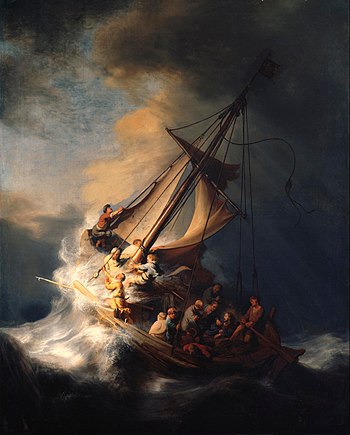Service hymn of the Royal Navy | |
| Also known as | "Melita" (music) |
|---|---|
| Lyrics | William Whiting, 1860 |
| Music | John Bacchus Dykes, 1861 |
| Audio sample | |
Sung by the US Navy Band's "Sea Chanters" ensemble | |

"Eternal Father, Strong to Save" is a British hymn traditionally associated with seafarers, particularly in the maritime armed services. Written in 1860, its author, William Whiting, was inspired by the dangers of the sea described in Psalm 107. It was popularised by the Royal Navy and the United States Navy in the late 19th century, and variations of it were soon adopted by many branches of the armed services in the United Kingdom and the United States. Services who have adapted the hymn include the Royal Marines, Royal Air Force, the British Army, the Royal Australian Navy, the United States Coast Guard, United States Marine Corps and the United States Space Force, as well as the navies of many other Commonwealth realms. Accordingly, it is known by many names, variously referred to as the Hymn of His Majesty's Armed Forces, the Royal Navy Hymn, the United States Navy Hymn (or simply The Navy Hymn), and sometimes by the last line of its first verse, "For Those in Peril on the Sea". The hymn has a long tradition in civilian maritime contexts as well, being regularly invoked by ship's chaplains and sung during services on ocean crossings.
